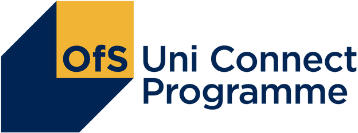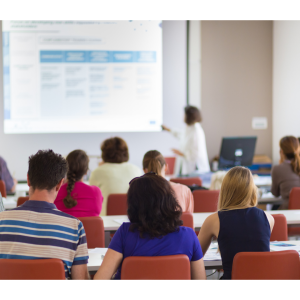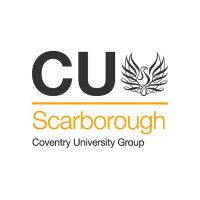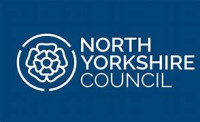All Workshops and Campus Visits
- In order to prepare young people for our workshops, please read more information about our Outreach Coordinators. You can also view our slides about every member of staff. The relevant Coordinator slide will soon be used at the beginning of every workshop.
- We follow our Brand Guidelines, Accessibility Checklist and a Colour Contrast Checker to ensure our workshops are accessible, engaging, and interactive.
- We are continuing to update our website in order to help both professionals and young people feel comfortable, and more prepared for our campus visits, workshops or any other events.
Campus Visits
- You can access our portal which has further information about campus visits (previous schedules, visual stories, and important documents) to feel prepared ahead of your campus visit.
Please get in touch if you have a specific question about accessibility - inspiringchoices@yorksj.ac.uk or j.ely@yorksj.ac.uk











